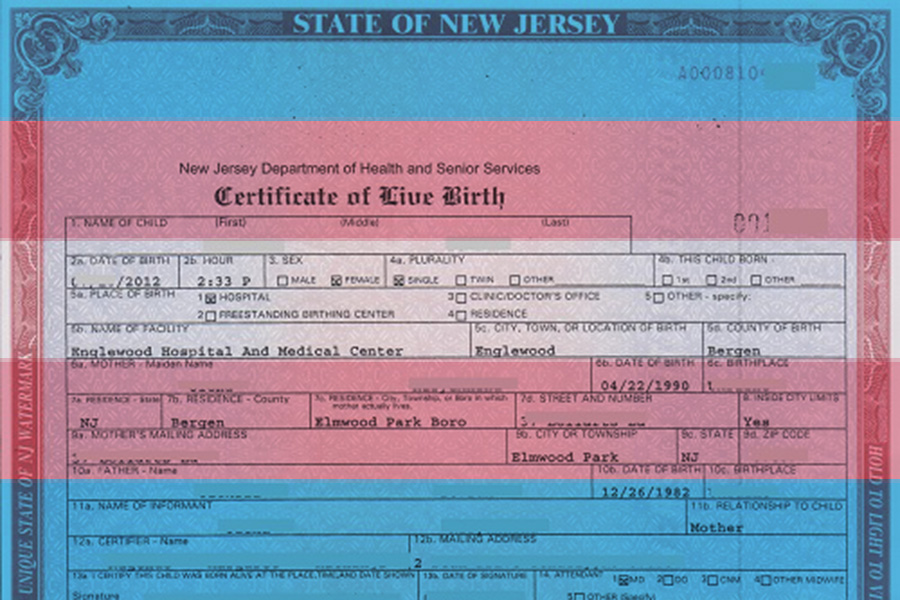You don’t need me to tell you how difficult and challenging these times are. We’re all living through a pandemic and an economic collapse made worse by our federal government’s inept and cruel response. Even more so, all of this will end up disproportionately affecting marginalized groups, including transgender people.
Under the cover of all this, the state of Idaho decided to prioritize anti-transgender legislation over protecting their own citizen’s health or prosperity by passing a pair of bills.
The first of these is like many we’ve seen this legislative cycle: the barring of transgender women and girls from competing in women’s sports, with the added twist of allowing any opposing coach, school administrator or parent to challenge the sex of a student-athlete. Once they do so, the athlete would be required to undergo invasive sex testing — including genital examination — to participate in sports activities within their gender.
I want, however, to talk more about the other bill that Idaho’s Governor, Brad Little, signed into law. This one, House Bill 509, would disallow changes to birth certificates, including updating a gender marker, one year after the certificate is issued. Known as the “Idaho Vital Statistics Act,” the bill states that it is all about presenting a “factual record,” and declares: “Allowing individuals to alter their vital records, including birth certificates, based upon subjective feelings or experiences undermines the government’s interest in having accurate vital records.”
Yet a birth certificate isn’t some simple paper used by the state to provide data used to determine gender for scientific reasons — as Idaho attempted to declare — but is used far more to determine the rights and privileges presented by the state. It is used to declare your identity at the most basic level, including your name, family and even nationality.
In spite of Idaho’s arguments, a birth certificate isn’t a one-time document that proves a snapshot of one’s birth, immutable from that point forward. It is a document of your very existence.
A birth certificate can be used to determine if you can marry, if you can or cannot serve in the military, and if you can hold a bank account. It can be used to determine your right to vote and your ability to gain a passport.
For transgender people, this document is a key part of establishing our identity in the eyes of the law. Being disallowed to update it, in short, disallows transgender people full protection of the law.
Let me explain this for those who have never had to go through this, those who may not consider themselves transgender, and those whom their documentation matches their sense of self-identity. Imagine if you had to prove to the government just what your name or gender was — and they weren’t willing to take your word for it.
First and foremost, you might reach for your driver’s license or your identification card, but where does that information come from? The same would be true if you opted to grab your passport.
At the heart of all of these identity documents is your birth certificate, this “factual record” of who you are.
